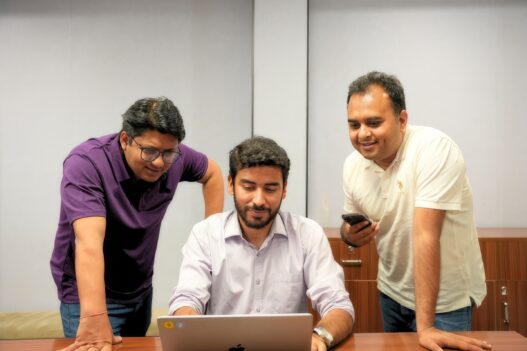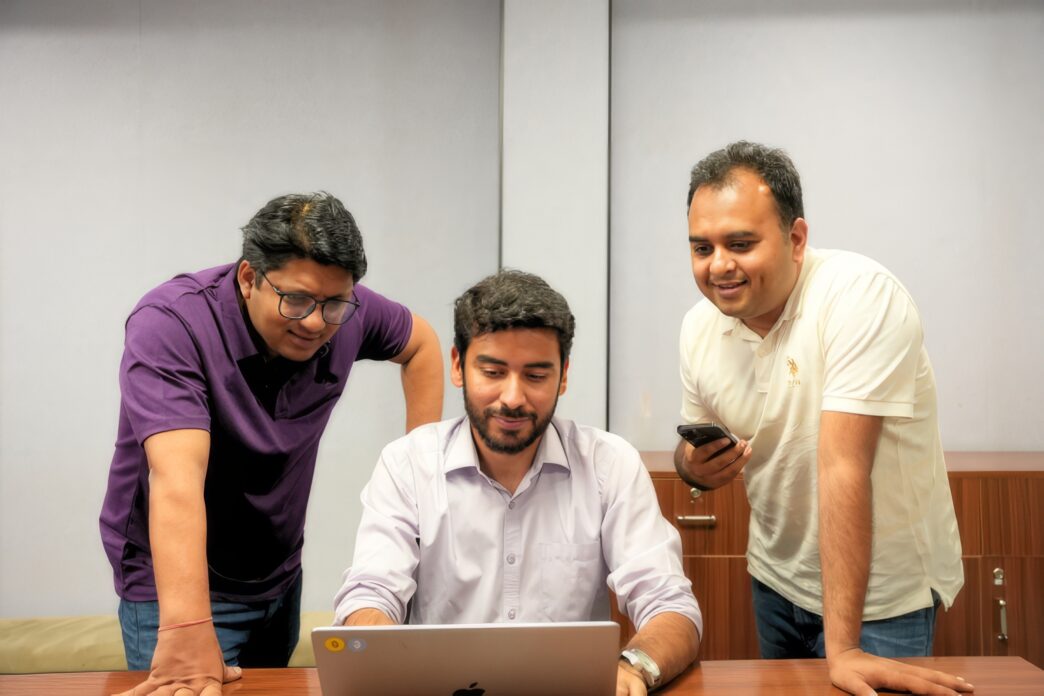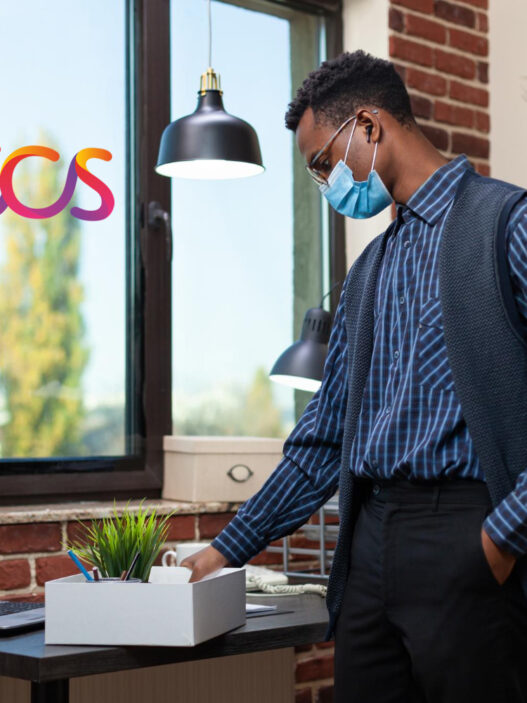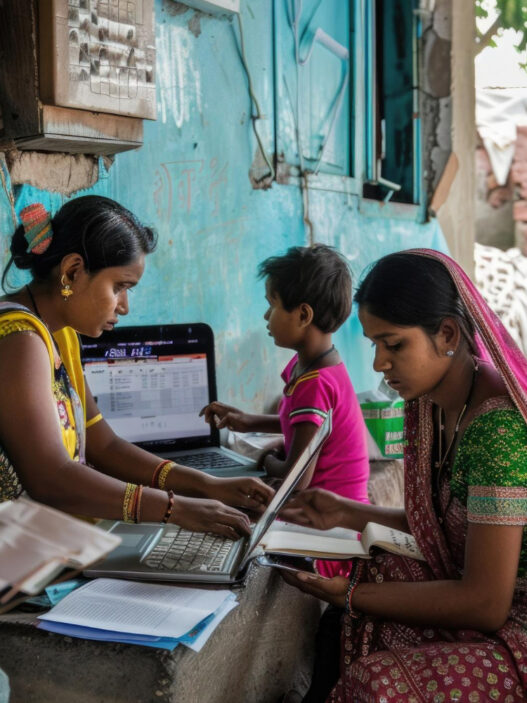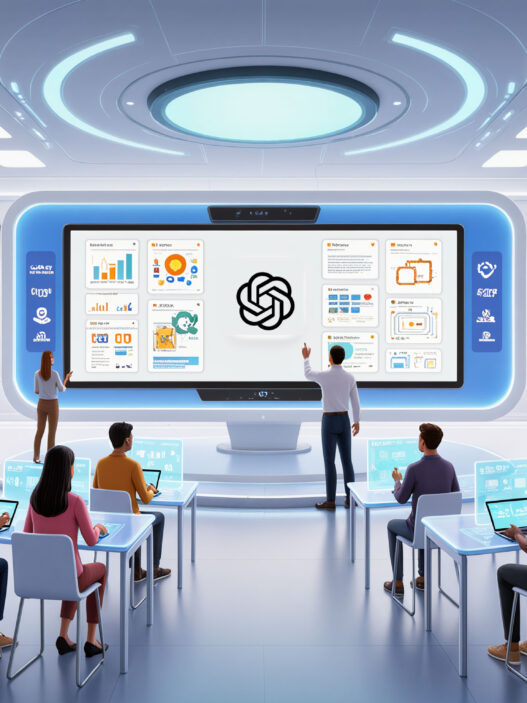In Bengaluru’s fast-moving startup landscape, innovation often goes unnoticed—until it bursts out of stealth and changes the rules. That’s exactly what happened this week when Drizz, a young company founded by former engineering leaders from Amazon, Coinbase, and Gojek, announced $2.7 million in seed funding and unveiled its disruptive “Vision AI” platform to the world. In an industry struggling to keep pace with the relentless speed of software releases, Drizz’s human-like, generative AI for mobile app testing is already turning heads.
The Problem: Testing Lags as AI Accelerates
As mobile apps become ever more sophisticated and teams race to ship code faster, the bottleneck is no longer building—it’s testing. Traditional QA still relies on hand-written scripts packed with fragile xPath locators or accessibility IDs, which break every time a button is moved or a layout changes. When that happens, “the testing process becomes a bottleneck and a source of frustration for developers,” said Asad Abrar, Drizz’s CEO and co-founder, in interviews with GlobeNewswire and Business Standard. This real-world pain point is what inspired the Drizz team to invent something radically different.
The Solution: Vision AI That Tests Like a Human
Drizz’s platform replaces traditional, brittle test scripts with a system that “sees” and interacts with mobile apps the way a person would. Using vision-enabled generative AI, Drizz evaluates screens visually, understands layouts on the fly, and adapts to UI changes, screen densities, or device quirks—without manual intervention or code tweaks. Developers can simply describe test cases in plain English, and Drizz’s AI generates, runs, and maintains those tests across iOS and Android, achieving over 97 percent accuracy and reducing test creation time more than tenfold. It flags bugs with detailed log intelligence, rooting out elusive defects that might otherwise go unnoticed.
The “self-healing” nature of the platform means that routine changes—like UI tweaks or flow updates—no longer trigger hours of tedious test maintenance. Teams get confidence to release faster, with Drizz’s AI “copilot” keeping up with every change and every new device feature.
The Team and the Backing
Drizz’s co-founders—Asad Abrar (ex-Coinbase), Partha Mohanty, and Yash Varyani—drew on years of experience inside global consumer tech firms. Their frustration with broken tests became a rallying cry, and in just a year the platform has won over clients ranging from unicorns to ambitious startups.
Backing for the seed round came from Stellaris Venture Partners and Shastra VC, with prominent angels including Anuj Rathi (ex-CBO at Cleartrip) and Vaibhav Domkundwar also joining in. The new funds will turbocharge development of Drizz’s Vision AI engine, expand engineering, and accelerate reach into global enterprise teams. Alok Goyal, partner at Stellaris Venture Partners, spoke to Business Standard and Forbes about the promise of Drizz’s AI-first approach to QA.

Competition: A Crowded—but Fragmented—Market
Drizz isn’t alone in trying to bring AI to app testing. Vision AI adoption is surging. San Francisco-based Applitools uses computer vision to automate visual testing for web and mobile UI, ensuring accuracy across native and browser-based apps. Fellow startups like testRigor, Functionize, and Mabl leverage AI to drive self-healing test scripts, natural language test creation, and cross-platform support, though most began with a focus on web automation.
Traditional frameworks like Appium are adding AI plugins such as Test.ai to keep up, while larger Indian IT consultancies—including Tata Consultancy Services, Infosys, and Wipro—incorporate AI-augmented QA tools for global clients, often as part of broader service suites.
What sets Drizz apart is a laser focus on natural-language-driven, human-like mobile automation—a niche often underserved in the marketplace. Many rivals still require specialist QA engineers or a maintenance-heavy approach; Drizz wants to let non-technical users create, run, and monitor tests, democratizing assurance across the entire team.
Why It Matters: Raising the Bar for App Quality
With global mobile app revenue projected to hit $756 billion by 2027 and over 35 billion downloads per quarter, even a small improvement in test coverage, speed, or reliability translates into huge time and revenue gains for teams—and potentially a better user experience for billions worldwide.
In early deployments, Drizz has slashed test creation times, delivered high-accuracy results, and caught issues other tools missed. As every software company races to embrace AI-driven development, the need to test quickly, reliably, and at scale has never been more vital.
The Future
For Drizz, breaking out of stealth marks only the beginning. With fresh funding, a seasoned founding team, and a market desperate for smarter QA, the company is poised to become a leader in vision-first, no-code, AI-powered automation. As mobile development accelerates, solutions like Drizz’s will not just be “nice to have”—they’ll be essential for the next generation of apps to reach users safely and successfully.
In a tech world obsessed with building faster, Drizz’s bet is that how we test may matter just as much as how we code. And as of today, they’re leading the charge.
Quotes attributed as follows: Asad Abrar’s statements are from interviews with GlobeNewswire and Business Standard. Alok Goyal’s comments as a partner at Stellaris Venture Partners were reported in Business Standard and Forbes.








